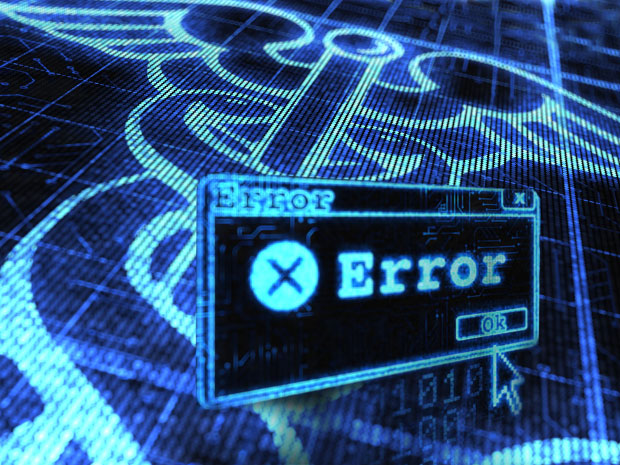Physicians felt the agony this mid-year when a malware
attack hit Nuance Communications, a voice transcription service for healthcare
providers.
 |
| Prepare For EHR system Outage or System Crash |
Many physicians couldn't utilize the company's technology,
which included directed notes into electronic health records (EHRs), because of
the cyber attack on the company.
The occurrence demonstrates that a doctor can have issues
with his or her EHR regardless of the possibility that they're not a direct
victim of a cyber attack, said Cliff Baker, CEO of Meditology, a health IT
security services company.
Truth be told, there are numerous dangers other than a
direct cyberattack that could cut down or cripple an EHR, health IT specialists
said.
Fires
and floods can take out servers running the EHR software. Development
setbacks and power surges can thump out power or Internet. Flawed system updates
and corrupt code can cause a complete system crash. Baker said he saw one of
the system crash when someone unplugged a small hardware.
"It's a probability that you won't have access to your
clinical data for some time for any number of reasons, so you have to
thoroughly consider what you would do to manage your practice without it in
those times," said Andrew Gettinger, MD, boss therapeutic informationofficer and chief of the Office of Clinical Quality and Safety for the Officeof the National Coordinator for Health Information Technology.
Unquestionably, physicians should contact their EHR vendor
and additionally their IT providers if their EHR crashes.
Specialists said that action alone won't be sufficient to
guarantee that the practice can keep on operating while the systems are down.
Gettinger said physicians ought to decide ahead of time what
different strides to take in the event of a system failure or system crash and
formalize them in a calamity recuperation business coherence design in view of
their dangers and prerequisites.
7 things to do to avoid or prepare for a EHR systems crash:
• Backup
records and data on the most proficient method to get to them. Gettinger said
reinforcements, regardless of whether cloud-based or in discs or tapes, ought
to be held outside the geographic area that houses the fundamental system, so
if a local calamity takes out the primary EHR system, it won't take out the backup
system too.
• An
uninterruptible power supply, an electrical gadget that gives instant energy to
the PC hardware for a brief amount of time, or potentially a crisis generator
to control the systems if power is out.
• Contracts
that determine in detail what the EHR vendor is required to do in such
occasions.
• Paper charts.
Lee Kim, director of privacy and security at the Healthcare Information and
Management Systems Society North America, said physicians should draft chart formats
ahead of time, drawing and plotting their own workflows to figure out what
information they need to have about any given patient. "Ensure you have
each data point you require on that format," Kim included.
• A plan to
request that patients bring printed duplicates of applicable records if they
can get their records through their patient portal.
• An
approach to modify the schedule until the point that the full usefulness of the
EHR system is reestablished. "Your effectiveness will be lower, so you'll
need to represent that – maybe by extending time for every arrangement,"
Gettinger said.
• Regular
drills. "One ought to consider rehearsing ahead of time, on the grounds
that the more you hone for things, the more probable it is to go easily when
you do have a blackout." Gettinger said.

EmoticonEmoticon